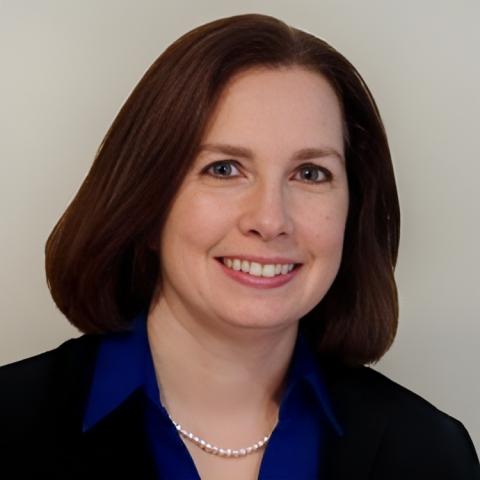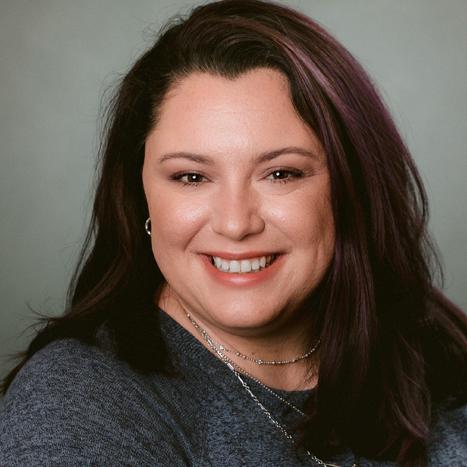
Bureau of Justice Assistance Enlists Altarum to Help Criminal Justice Organizations Implement Peer Recovery Support Services
The Bureau of Justice Assistance, U.S. Department of Justice, has engaged Altarum to expand the reach of its Peer Recovery Support Services Training and Technical Assistance Center to increase access to peer recovery support services in the criminal justice system and associated community social services organizations across the nation.
Since 2017, Altarum has provided a wide variety of technical assistance through the Bureau of Justice Assistance Comprehensive Opioid Abuse Program to organizations seeking to implement peer recovery programs to address opioid and other substance use disorders. Using evidence-supported approaches, Altarum teaches best practices through online webinars, virtual consultation, and in-person training that promotes peer-to-peer learning.
In this next phase of work with the Bureau of Justice Assistance, Altarum will continue to increase the capacity of criminal justice and child welfare organizations and their partners through the following services:
- Knowledge Building - Developing and disseminating publications to increase the knowledge and skills necessary for planning, starting up, or enhancing peer recovery support services.
- Capacity Building - Supporting ongoing cross-site coordination, peer-to-peer exchange, mentoring, and coaching to increase program capacity.
- Virtual & Distance Learning - Developing virtual training programs and producing webinars, podcasts, and other easy-to-access distance learning resources to improve recognition and understanding of core peer recovery support services concepts.
- Technical Assistance - Providing ongoing, tailored training and technical assistance related to best practices for peer recovery support services, including one-on-one virtual and on-site support to respond to developmental needs or concerns.
- Evaluation - Designing a comprehensive performance assessment plan and evaluation process to inform future directions and ensure effective training and technical assistance delivery.
The National Council for Behavioral Health, a nonprofit association of health care organizations that delivers behavioral health services, will contribute to this effort by developing educational publications and expanding the pool of expertise for participating organizations to draw upon.
Peer recovery support services are an important part of comprehensive community efforts to address the opioid crisis and substance use disorders. They build on a person’s strengths by providing individualized social support and help navigating complex health and social services systems within a community. These services are a powerful tool within the criminal justice and child welfare systems, where vulnerable individuals struggling with substance use, recovery, and mental health issues can greatly benefit from the support of a peer with lived experiences.
Altarum’s unique approach to implementing peer recovery support services involves blending activities that promote a diversity of learning methods and domains, and tailoring services and training to the specific needs of each organization. This is especially important for criminal justice and child welfare organizations, which manage individuals with substance use challenges differently and require different knowledge, skills, and capacities for program implementation.
Altarum has a long history of working across the country with federal, state, and local governments and national and community organizations to improve the lives of people with mental health and substance use disorders through prevention, access to appropriate care, and integration of other health care services. Our estimate of the cost of the opioid crisis has helped states understand the scope of the problem, our continuing education program for clinicians on responsible opioid prescribing has led to improvements in screening for opioid misuse, and our roadmap for responding to the opioid crisis has helped an Ohio county coordinate care and resources more efficiently.
Experts

